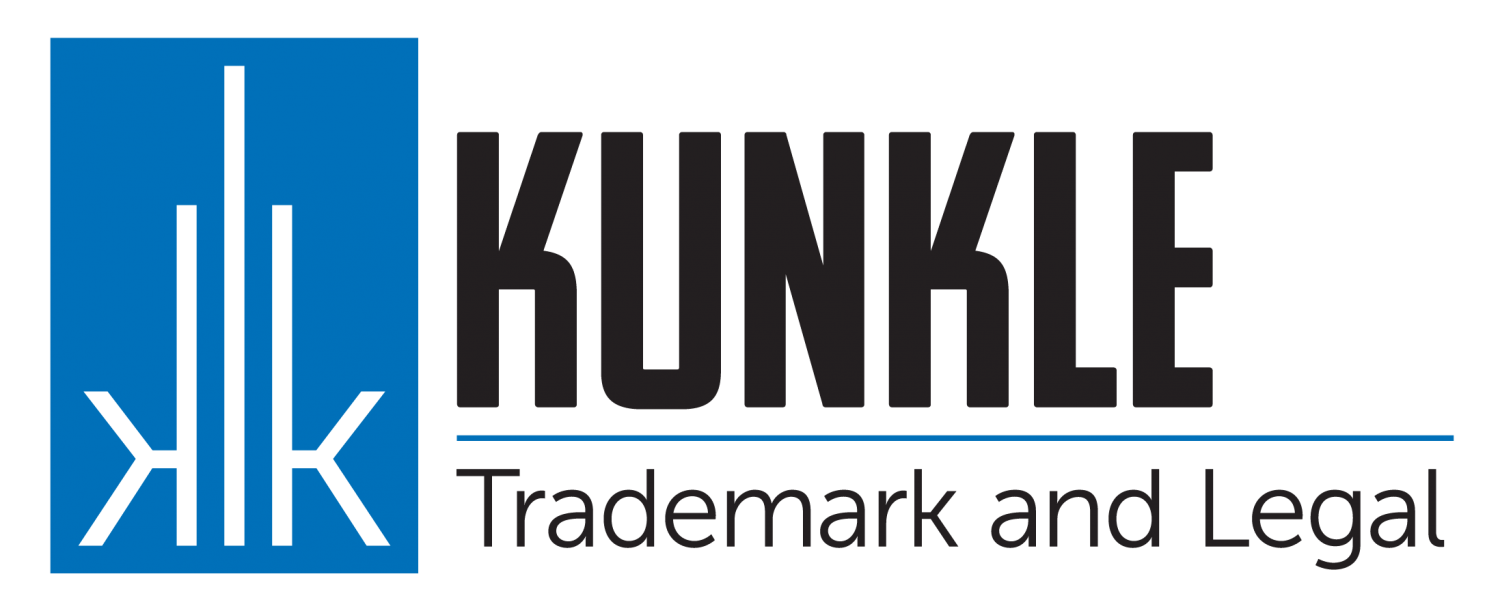CoCo Day Camp: “Common Myths and Misconceptions About Copyrights and Trademarks”
On Thursday, May 6th, I'll be providing a seminar for creative professionals on how creative professionals are affected by copyright (e.g., public domain, fair use, joint works and work for hire) and trademark law at CoCo in downtown St. Paul. the program is set to run from 10am to 12pm.Cost:Session + 1/2 day of coworking: $30Session only: $15About CoCo:CoCo is a coworking and collaborative space in Lowertown St. Paul (and coming soon to Minneapolis), where independent workers and small businesses can gather to share ideas, team up on projects and get some work done. We’re an alternative to working from home or the local coffee shop....
